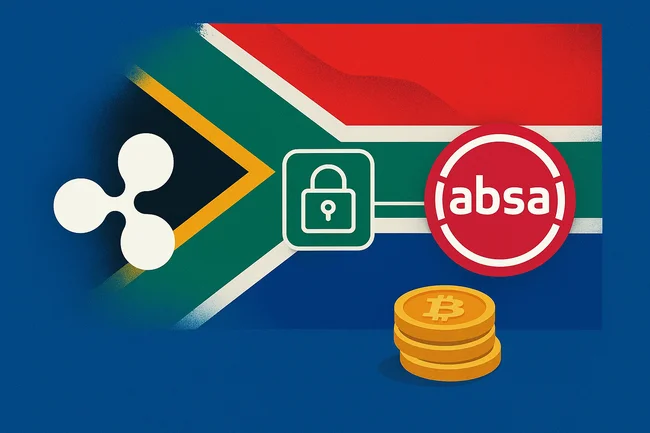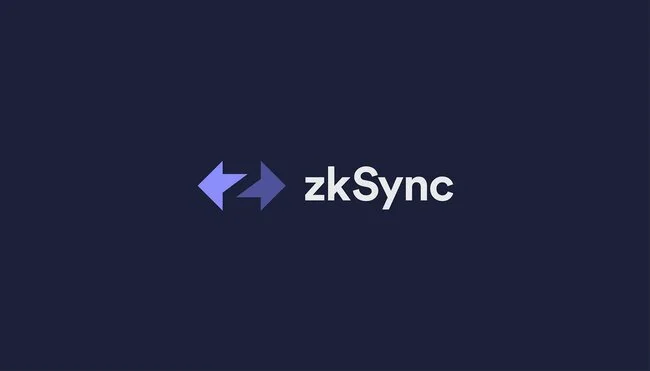Ripple has entered a strategic partnership with Absa Bank to provide digital asset custody services to customers in South Africa, marking the company’s first major custody collaboration with a financial institution on the African continent.
Under the agreement, Absa will use Ripple’s digital asset custody platform to store tokenized assets, including cryptocurrencies, for its clients. The deal highlights growing institutional interest in blockchain-based infrastructure as regulations around digital assets gain momentum in emerging markets.
Expanding Digital Infrastructure
Absa, one of Africa’s largest banks, will integrate Ripple’s institutional-grade technology into its custody operations, aimed at providing secure storage and compliance solutions for digital assets. Ripple, a U.S.-based blockchain company, has expanded its global custody network across multiple regions, including Europe, Asia-Pacific, the Middle East, Latin America, and now Africa.
Reece Merrick, Ripple’s managing director for the Middle East and Africa, said the partnership reflects the growing shift in how value is stored and exchanged on the continent. The agreement follows a series of moves by Ripple to strengthen its presence in Africa. Earlier this year, the company announced partnerships with payments provider Chipper Cash and introduced its USD-backed stablecoin, RLUSD, to support crypto-enabled payment solutions on the continent.
Institutional Demand and Regulatory Momentum
The partnership comes as more financial institutions in Africa explore blockchain technology amid evolving regulatory frameworks. Policymakers across several African markets are developing clearer guidelines for alternative assets, a trend that has accelerated institutional adoption.
Robyn Lawson, head of digital product, custody at Absa Corporate and Investment Banking, said the bank’s focus is on meeting customer demand for secure and compliant storage solutions. “As we continue to innovate and respond to the evolving financial ecosystem, we recognise the importance of providing our customers with secure, compliant, and robust custody solutions for their digital assets,” Lawson said.
A recent Ripple survey found that 64% of financial leaders in the Middle East and Africa identified faster settlement times as a key reason for adopting blockchain technology in cross-border transactions. With more than a decade in the digital asset sector and over 60 regulatory licenses globally, Ripple is positioning itself as a provider of core infrastructure for institutions seeking to store, exchange, and transfer digital assets.
Related posts:
- Ripple Expands Footprint in Georgia, Explores Broader Digital Economy Applications
- Crypto Execs Engage with White House Officials in Push for Regulatory Clarity
- Bitstamp Adds Ripple’s RLUSD Stablecoin to Ethereum Network
- Ripple’s RLUSD Gains Momentum with Additional Exchange Listing
- SEC Drops Five-Year-Long Ripple Lawsuit, Ending Legal Battle Over XRP






